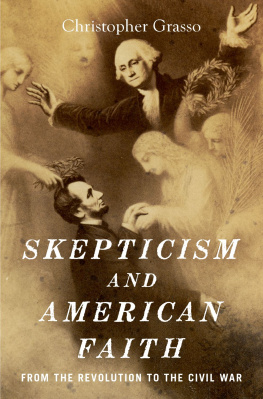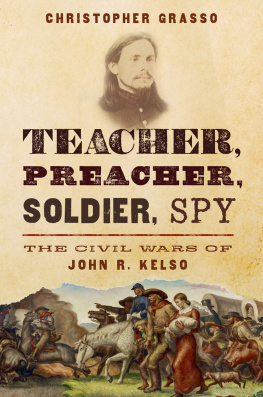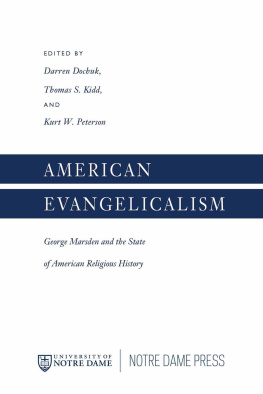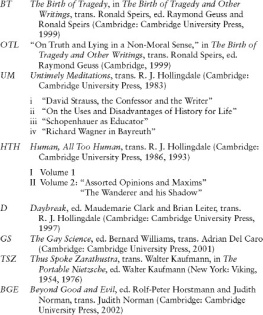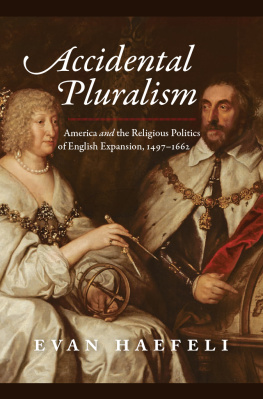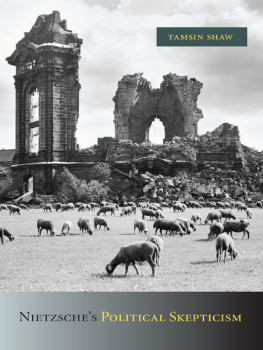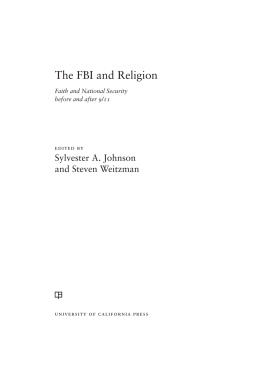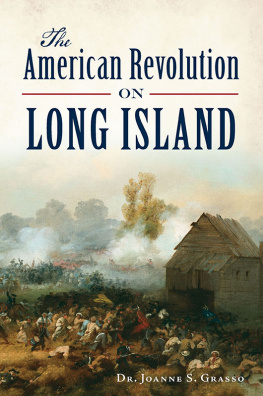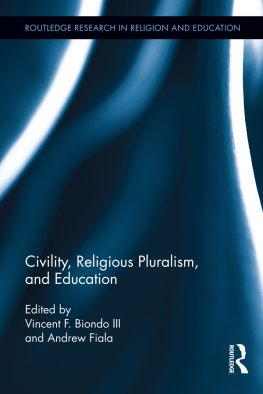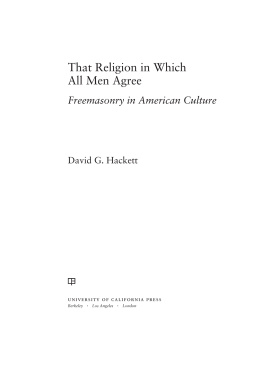Christopher Grasso - Skepticism and American Faith: from the Revolution to the Civil War
Here you can read online Christopher Grasso - Skepticism and American Faith: from the Revolution to the Civil War full text of the book (entire story) in english for free. Download pdf and epub, get meaning, cover and reviews about this ebook. year: 2018, publisher: Oxford University Press, genre: History. Description of the work, (preface) as well as reviews are available. Best literature library LitArk.com created for fans of good reading and offers a wide selection of genres:
Romance novel
Science fiction
Adventure
Detective
Science
History
Home and family
Prose
Art
Politics
Computer
Non-fiction
Religion
Business
Children
Humor
Choose a favorite category and find really read worthwhile books. Enjoy immersion in the world of imagination, feel the emotions of the characters or learn something new for yourself, make an fascinating discovery.
- Book:Skepticism and American Faith: from the Revolution to the Civil War
- Author:
- Publisher:Oxford University Press
- Genre:
- Year:2018
- Rating:3 / 5
- Favourites:Add to favourites
- Your mark:
Skepticism and American Faith: from the Revolution to the Civil War: summary, description and annotation
We offer to read an annotation, description, summary or preface (depends on what the author of the book "Skepticism and American Faith: from the Revolution to the Civil War" wrote himself). If you haven't found the necessary information about the book — write in the comments, we will try to find it.
Religious skepticism has been rendered nearly invisible in American religious history, which often stresses the evangelicalism of the era or the secularization said to be happening behind peoples backs, or assumes that skepticism was for intellectuals and ordinary people who stayed away from church were merely indifferent. Certainly the efforts of vocal infidels or freethinkers were dwarfed by the legions conducting religious revivals, creating missions and moral reform societies, distributing Bibles and Christian tracts, and building churches across the land. Even if few Americans publicly challenged Christian truth claims, many more quietly doubted, and religious skepticism touched-and in some cases transformed-many individual lives. Commentators considered religious doubt to be a persistent problem, because they believed that skeptical challenges to the grounds of faith-the Bible, the church, and personal experience-threatened the foundations of American society.
Skepticism and American Faith examines the ways that Americans-ministers, merchants, and mystics; physicians, schoolteachers, and feminists; self-help writers, slaveholders, shoemakers, and soldiers-wrestled with faith and doubt as they lived their daily lives and tried to make sense of their world.
Christopher Grasso: author's other books
Who wrote Skepticism and American Faith: from the Revolution to the Civil War? Find out the surname, the name of the author of the book and a list of all author's works by series.

